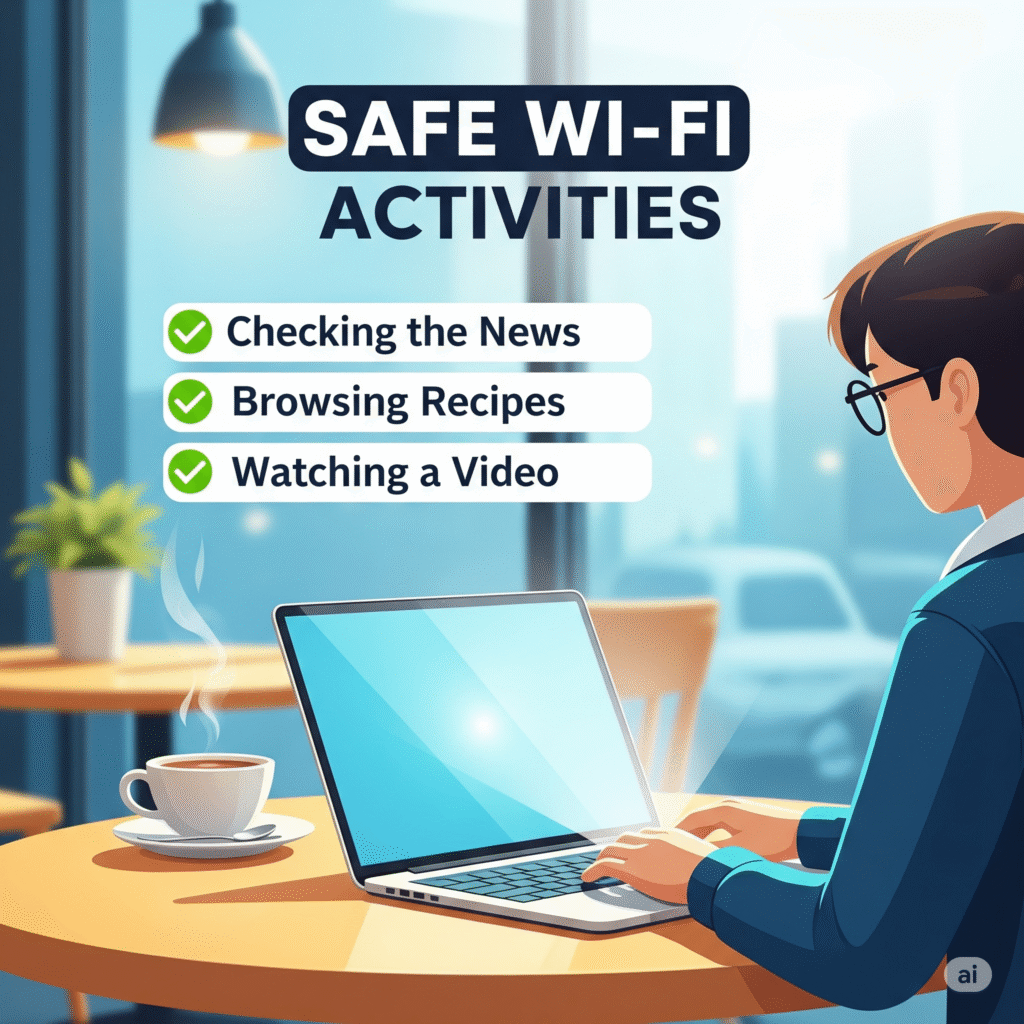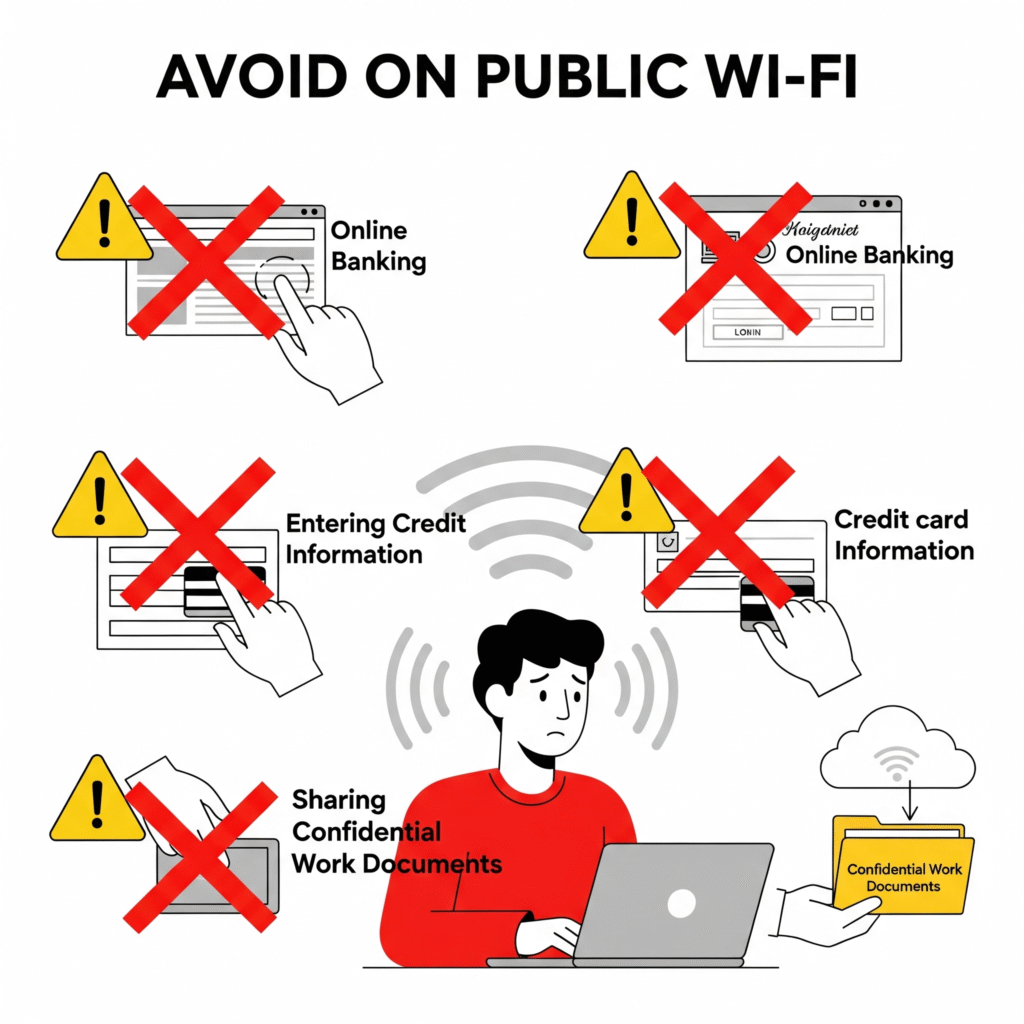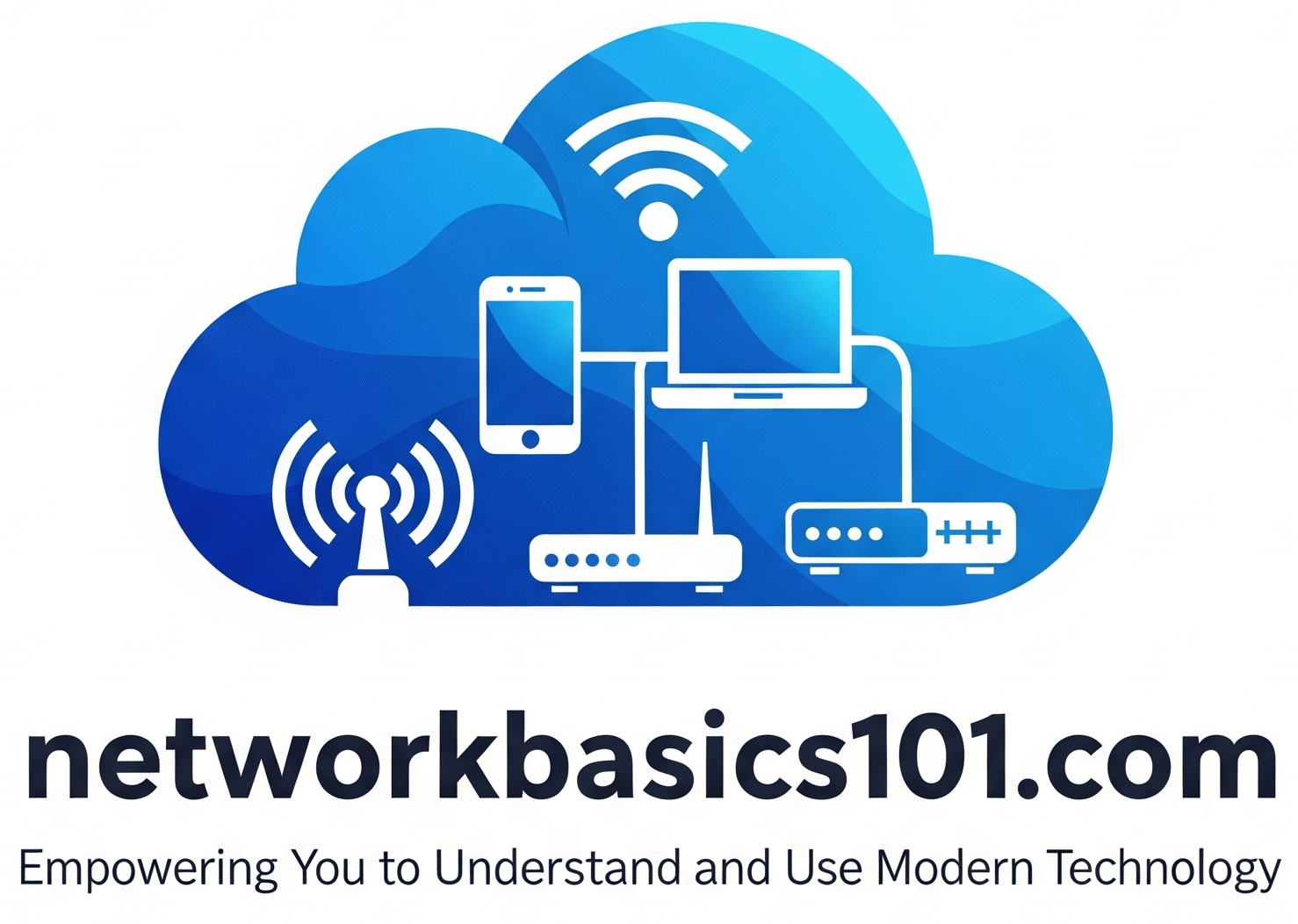Public Wi-Fi can be incredibly convenient, offering internet access on the go. But as we discussed in our previous post, it’s not always the most secure way to connect. Knowing when it’s safe to hop on a public network and when you should think twice can save you from potential headaches. Think of it as knowing when it’s okay to chat in a public park and when you need to have a private conversation at home.
Situations Where Public Wi-Fi Can Be Useful (Use with Caution!)
There are times when public Wi-Fi can be a real help. Here are a few scenarios, along with the precautions you should take:
- Light Browsing and Information Gathering: Checking the news, looking up directions, or browsing non-sensitive websites can be okay on public Wi-Fi. Precaution: Stick to websites that use HTTPS.
- Killing Time: If you’re waiting somewhere and just want to scroll through social media or watch non-sensitive videos. Precaution: Avoid logging into important accounts and be mindful of what you share.
- Quick Communication: Sending a brief, non-confidential email or message. Precaution: Don’t include sensitive information.

Times When You Should Be Very Cautious (or Avoid Public Wi-Fi Entirely)
When your online activity involves sensitive data, it’s best to steer clear of public Wi-Fi or take extra security measures. Here are situations where caution is key:
- Accessing Banking or Financial Accounts: Your financial information is highly sensitive. Avoid logging into your bank accounts, brokerage accounts, or making financial transactions on public Wi-Fi without a VPN. Analogy: Think of your bank account like your wallet. You wouldn’t flash it open in a crowded place full of strangers.
- Logging into Important Personal Accounts: This includes your email, social media (especially if linked to other sensitive accounts), and any accounts containing private information. Hackers on the same network might try to intercept your login credentials.
- Sharing Sensitive Personal Information: Filling out forms with your address, phone number, Social Security number, or other private details should be avoided on public Wi-Fi.
- Accessing Confidential Work Documents: If you’re handling sensitive work information, public Wi-Fi introduces a significant security risk. Use a VPN or wait until you’re on a secure network.
- Making Online Purchases: Entering your credit card details on public Wi-Fi can expose your financial information to potential theft. Use a VPN or wait until you’re on a trusted network.

The Golden Rule: When in Doubt, Use a VPN
If you’re ever unsure about the security of a public Wi-Fi network or the sensitivity of your online activity, the safest approach is to use a Virtual Private Network (VPN). As we discussed, a VPN encrypts your internet traffic, creating a secure tunnel that shields your data from potential eavesdroppers, even on public networks.
Alternatives to Public Wi-Fi
If you need secure internet access while you’re out, consider these alternatives:
- Your Mobile Hotspot: Most smartphones can create a personal Wi-Fi hotspot using your cellular data connection. This is generally more secure than public Wi-Fi as the connection is encrypted and you control who has access.
- Tethering: You can connect your laptop directly to your phone using a USB cable to use your mobile data.
- Mobile Data Plan: If you’re just using your phone, your mobile data connection is usually more secure than public Wi-Fi.
In Simple Terms:
Think of public Wi-Fi like a public space – be mindful of what you do and share there. For casual browsing, it can be okay with precautions. However, when dealing with sensitive information like banking details or personal accounts, it’s best to use a VPN or a more secure alternative like your mobile hotspot to protect your privacy and security. When in doubt, connect with a VPN!
